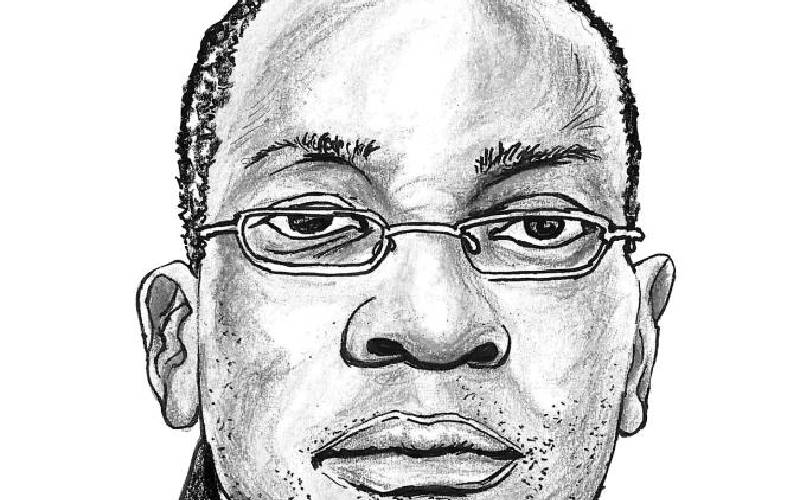×
The Standard e-Paper
Kenya’s Boldest Voice

When you are a writer who pens one column per week and you want to comment only on embarrassing moments in Kenya, you can go on for several years without writing on one subject more than once because shameful things are legion.